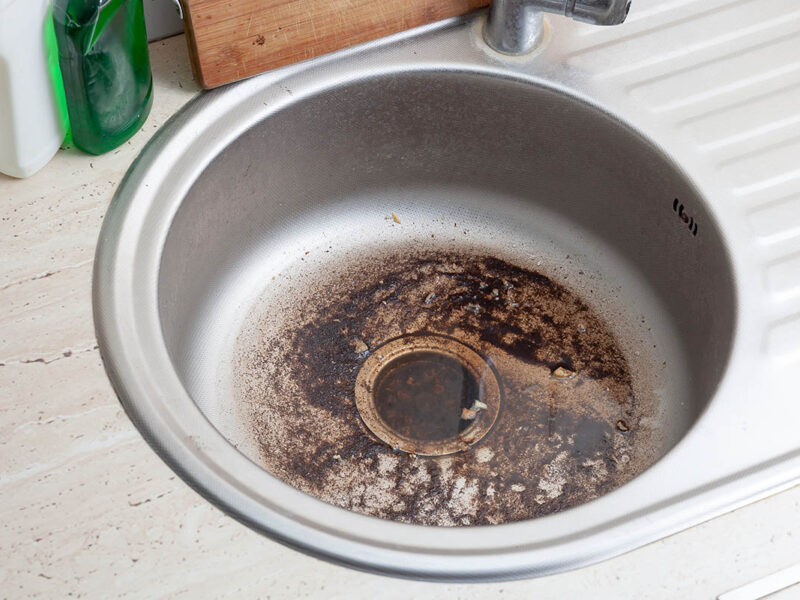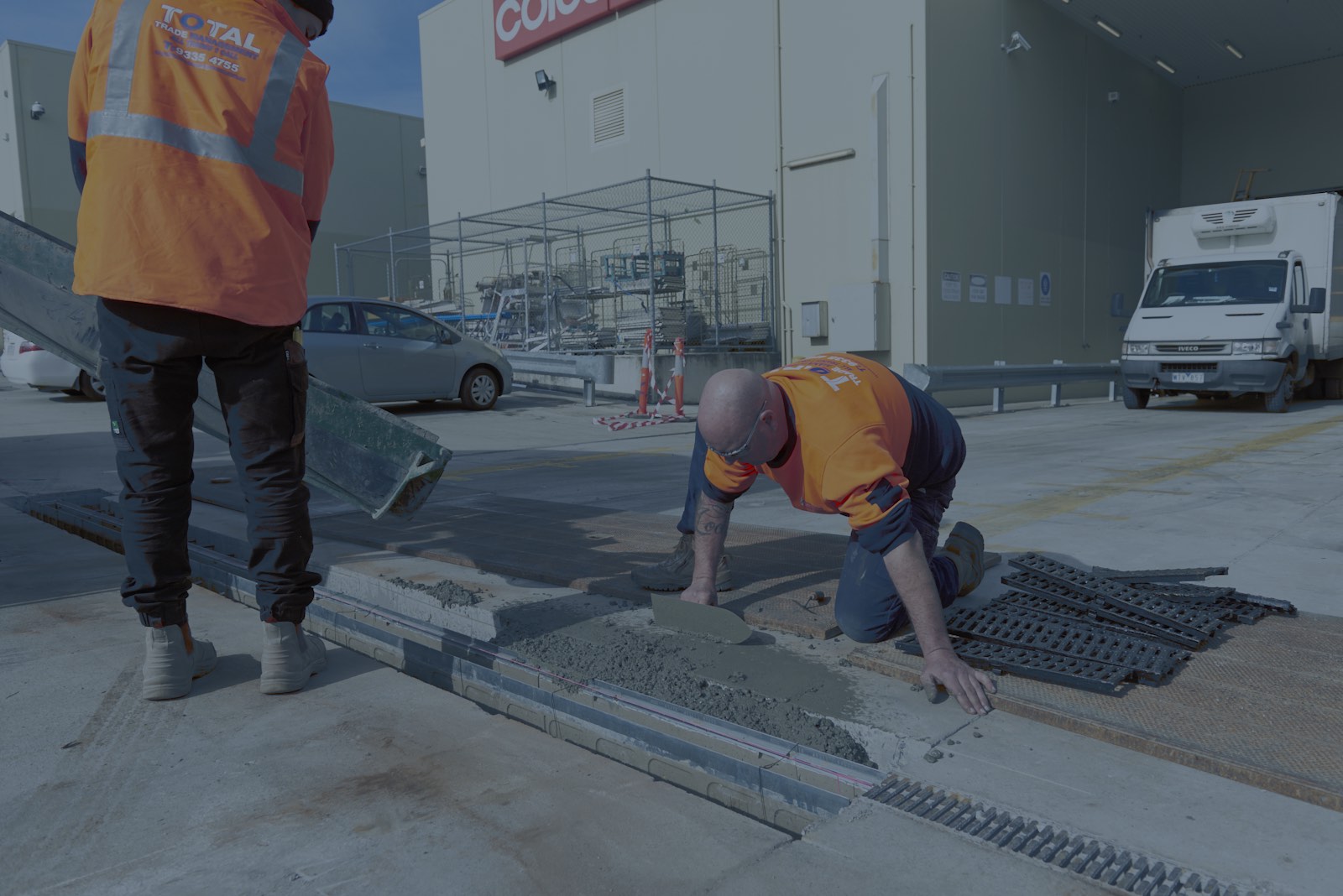Who hasn’t tried to tackle a plumbing disaster in the home, only to end up making it worse? From clogged toilets and faulty faucets, to broken boilers and burst pipes – we’ve seen all sorts of DIY disasters.
In this article, we look at some of the most common DIY plumbing fails that the professional plumbers at Essendon Plumbing have come across.
-
Over-tightening pipes
Homeowners should be careful when making any pipe connections as it can spell disaster! Cranking the fittings too tight may seem secure, but this runs the risk of cracking them which will cause an eventual flood in your home. Plastic and other materials are especially prone to breaking due to their inability to take on a large amount of twisting - so remember that sometimes less is more with pipes!
-
Using Liquid drain cleaners to unblock drains
Plumbing problems like clogged drains are a common problems in many homes, but these seemingly mundane issues shouldn’t be taken lightly. From a blocked shower by hair or other products to kitchen sinks slowly draining due to a build-up of food scraps, it calls for a home remedy. However, generic liquid drain cleaners aren't always an effective solution.
Using DIY methods with household items might offer temporary relief but you could end up causing more damage if you're not careful! The most reliable approach is often calling in professional plumbers - who have access to specialised tools for guaranteed results – and sorting it out before costly repairs become necessary!
-
Ignoring Professional Plumbing Code Regulations
Without adhering to professional plumbing code regulations, you put yourself in a dangerous situation and can potentially face costly ramifications.
Make sure you familiarise yourself with local codes before beginning your DIY venture - not following them could leave you wishing that money didn't go down the drain!
-
Taking on a job without spare parts
Home improvement projects don't always go as smoothly as you'd like—and sometimes, it's because of preventable mistakes. DIYers may be tempted to purchase minimal parts when only one thing needs fixing—like a washer or cartridge for the faucet; however, these peripheral components should not be overlooked!
Without replacing things like O-rings and stems seals along with the initial component, your newly fixed faucet might still have leaks further down the line.
Save yourself time by investing in all relevant parts at once rather than making multiple trips back to pick them up separately: "Rebuild" instead of repair whenever possible - those extra little pieces won’t cost much but could make a world of difference!
Need a Professional Plumber?
As you can see, home plumbing disasters can be incredibly stressful, so it’s important that you do your research and only take on the jobs that you can handle.
If this isn’t your area of expertise, it’s highly recommended to call in a professional plumber with the right tools and experience to complete the job safely.


 Save Money by Regularly Flushing your Washing Machine Pipes
Save Money by Regularly Flushing your Washing Machine Pipes

